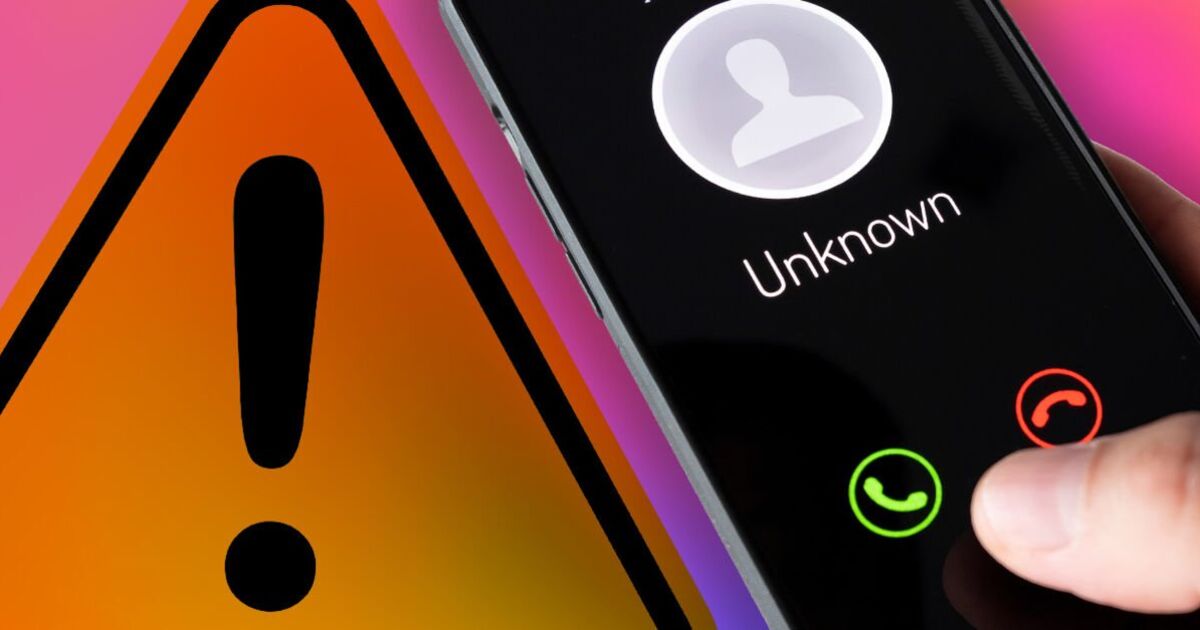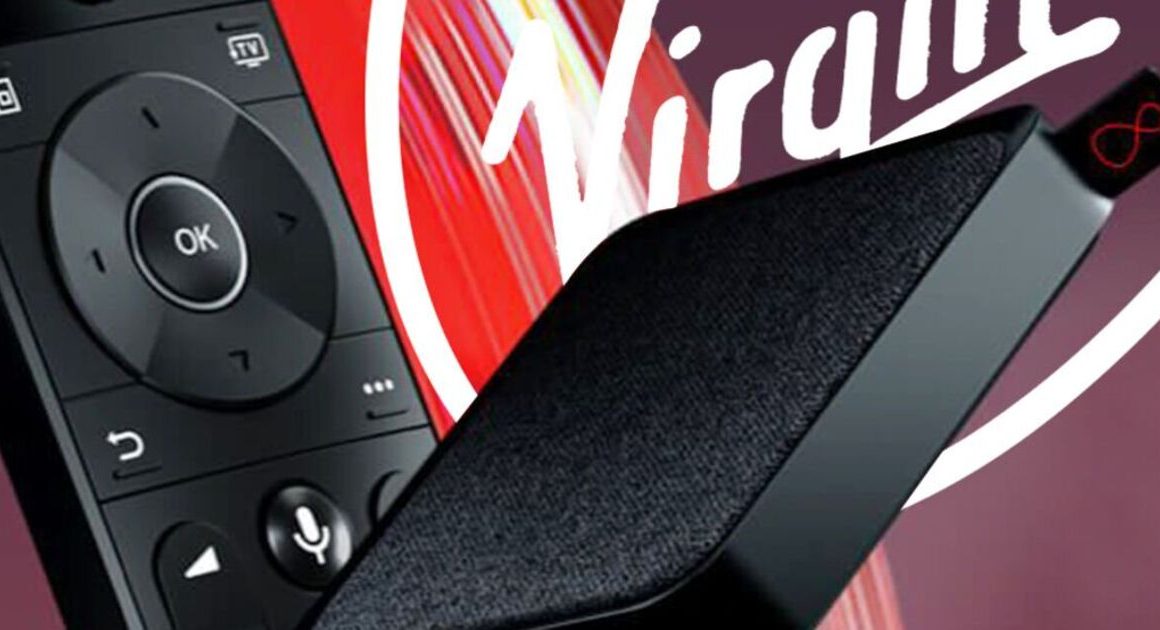Brits are receiving relatively few spam calls each month compared to the rest of the world but when fraudulent calls do get through they are most commonly tax scams that try to defraud by impersonating His Majesty’s Revenue and Customs (HMRC).
New research from security firm Hiya said the average UK phone owners received three spam calls per month from January to June 2024. That’s low compared to the average person in America who received 14, France who received a European high of 13, and Brazil who got an alarming 26.
Calls attempting to impersonate HMRC and defraud Brits surged in January thanks to the 31st January deadline for filing online tax returns but data shows similar calls also peaked nationwide at the end of March.
HMRC said it had responded to more than 60,000 reports of phone scams in the 12 months to September 2023, and judging by the new numbers that rate has not slowed down.
The fraudsters’ methods can be aggressive. Some will offer a rebate in exchange for your personal identifying information, which they can then use to defraud you. Others will tell you they need to update your tax details or even threaten your arrest for tax evasion.
“Criminals are great pretenders who try and dupe people by sending emails, phone calls and texts which mimic government messages to make them appear authentic,” said Myrtle Lloyd, HMRC’s Director General for Customer Services.
“Unexpected contacts like these should set alarm bells ringing, so take your time and check HMRC scams advice on GOV.UK.”
Second most common to tax scam calls in the first six months of the year were Amazon scams. The online retailer has previously warned customers of several tactics used by criminals to attempt to access your account or banking details via email, but phone calls are also prevalent. These scams often allege your Amazon Prime subscription is ending and to enter your bank details to re-subscribe.
Amazon will never contact you over the phone regarding subscriptions, so any call purporting to be the company can be considered fake.
Also popular among tricksters were credit card scams where callers attempt to impersonate Visa, Mastercard or other providers to coerce your personal details from you, while cryptocurrency, electricity and energy-related scams were also common. Artificial intelligence (AI) was also blamed for the rise in dodgy calls as criminals are getting to grips with new technologies that can be used to trick people in new ways.
Even though people are using their phones to make fewer calls every year, it seems fraudsters are still finding a degree of success by using traditional voice calls as opposed to social media or text messages.
“Phone fraud, spam and the emerging use of AI-driven deepfake voice scams are escalating threats to the voice channel, affecting every phone user across every major market,” said Kush Parikh, President of Hiya.
The company, which works with O2 to fight spam calls, said it found 28 percent of calls received by Brits were not in people’s contact books, so flagged as spam, but only 3 percent of those calls were fraudulent. By contrast, a staggering 51 percent of calls to Brazilians were spam with 13 percent fraudulent.
Scam caller tactics involve tricking you into believing they are from a trusted brand or organisation. No legitimate bank, government agency or similar firm will ask you to read out or confirm your banking details over the phone – if you receive a call you think might be a scam, it’s always acceptable to hang up. Check with family or friends if you’re not sure.












